Graeber was driven out of his Yale professorship and would never again find a teaching post in the USA, winding up at Goldsmiths and London School of Economics. He died in Venice of internal bleeding (info as of this writing). Everything in his oeuvre is testimony a great and I would even say heroic effort to expose the vile aspects of capitalist economy and it's abuse of people and the animals and the allegedly inert and lifeless chunk of blind matter the marketeering materialists insist we are in the clear to use, while redefining any object as an item of exchange, including human slaves. As an activist of the Occupy movement, Graeber is alleged to have created the phraseology regarding the 99 percent of the human population who are driven by debt to ensure the safety of the richest 1 percent of the population.
https://en.wikipedia.org/wiki/David_Graeber
Here is a link to a pdf of his opus on Debt
http://libcom.org/files/__Debt__The_First_5_000_Years.pdf
"Consider the case of Neil Bush (George W.'s brother) who, during divorce proceedings with his wife, admitted to multiple infidelities with women who, he claimed, would mysteriously appear at his hotel-room door after important business meetings in Thailand and Hong Kong. "You have to admit it's pretty remarkable," remarked one of his wife's attorneys, "for a man to go to a hotel-room door and open it and have a woman standing there and have sex with her." "It was very unusual," Bush replied, admitting however that this had happened to him on numerous occasions. "Were they prostitutes?" "I don't know."' In fact, such things seem almost par for the course when really big money comes into play.
In this light, the economists' insistence that economic life begins with barter, the innocent exchange of arrows for teepee frames, with no one in a position to rape, humiliate, or torture anyone else, and that it continues in this way, is touchingly utopian. As a result, though, the histories we tell are full of blank spaces, and the women in them seem to appear out of nowhere, without explanation, much like the Thai women who appeared at Bush's door. Recall the passage cited in Chapter Three, from numismatist Philip Grierson, about money in the barbarian law codes:
Compensation in the Welsh laws is reckoned primarily in cattle and in the Irish ones in cattle or bondmaids (cumal), with considerable use of precious metals in both. In the Germanic codes it is mainly in precious metal ..
How is it possible to read this passage without immediately stopping at the end of the first line? "Bondmaids"? Doesn't that mean "slaves?" (It does.) In ancient Ireland, female slaves were so plentiful and important that they came to function as currency. How did that happen? And if we are trying to understand the origins of money, here, isn't the fact that people are using one another as currency at all interesting or significant?3 Yet none of the sources on money remark much on it. It would seem that by the time of the law codes, slave girls were not actually traded, but just used as units of account. Still, they must have been traded at some point. Who were they? How were they enslaved? Were they captured in war, sold by their parents, or reduced to slavery through debt? Were they a major trade item? The answer to all these questions would seem to be yes, but it's hard to say more because the history remains largely unwritten.4 Or let's return to the parable of the ungrateful servant. "Since he was not able to pay, the master ordered that he and his wife and his children and all that he had be sold to repay the debt." How did that happen? Note that we're not even speaking of debt service here (he is already his creditor's servant), but outright slavery. How did a man's wife and children come to be considered no different than his sheep and crockery-as property to be liquidated on the occasion of default? Was it normal for a man in first-century Palestine to be able to sell his wife? (It wasn't). If he didn't own her, why was someone else allowed to sell her if he couldn't pay his debts? The same could be asked of the story in Nehemiah. It's hard not to empathize with the distress of a father watching his daughter taken off by strangers. On the other hand, one might also ask: Why weren't they taking him? The daughter hadn't borrowed any money."
Personally speaking, I am dismayed that it took me this long to realize that Graeber's treatment at the hands of the ivory league stands as an ominous sign to the tyranny normalization platforms instituted by Brexit and the rise of Trump admins. Further dismay that, seeing what's happened to Assange, there may have been no "other side". The manner in which all humans seem increasingly blind to this history (of class, debt, slavery) inasmuch as it defines who and why we even speak to one another, defines even our abilities to know one another or speak to one another about the facts of life, remains at the root of manifesting this kind of a tool for getting the word out that gave birth to this blog in 2007.
from the wiki again
"In December 2017, Graeber and his former teacher Marshall Sahlins released a collection of essays entitled On Kings, outlining a theory, inspired by A. M. Hocart, of the origins of human sovereignty in cosmological ritual.[36] Graeber contributed essays on the Shilluk and Merina kingdoms, and a final essay that explored what he called "the constitutive war between king and people."[37] He was working on a historical work on the origins of social inequality with David Wengrow.[38]
From January 2013 until June 2016, Graeber was a contributing editor at The Baffler magazine in Cambridge, Massachusetts. From 2011 until 2017 he was editor-at-large of the open access journal HAU: The Journal of Ethnographic Theory, for which he and Giovanni da Col co-wrote the founding theoretical statement and manifesto of the school of "ethnographic theory".
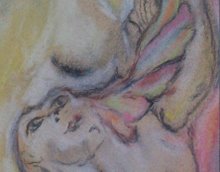



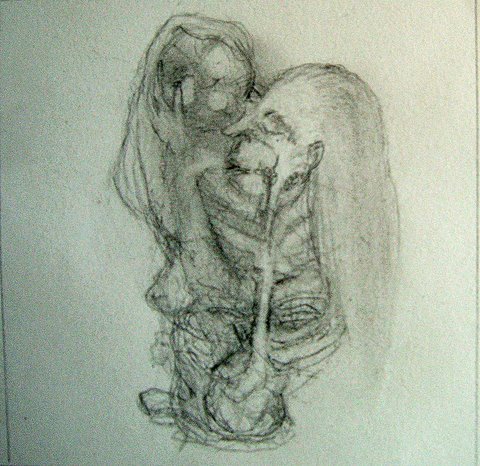
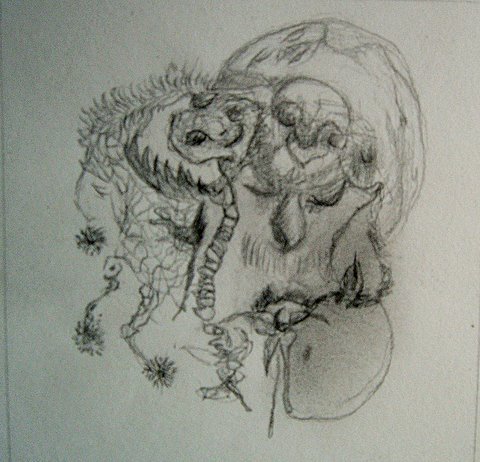
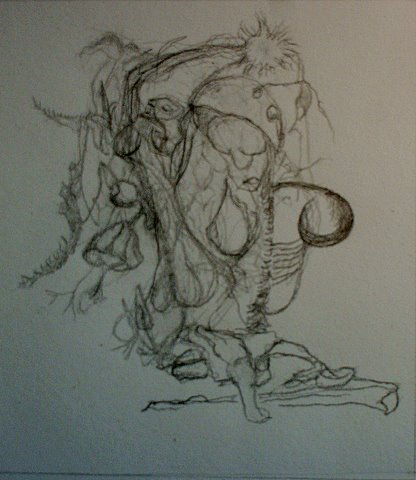
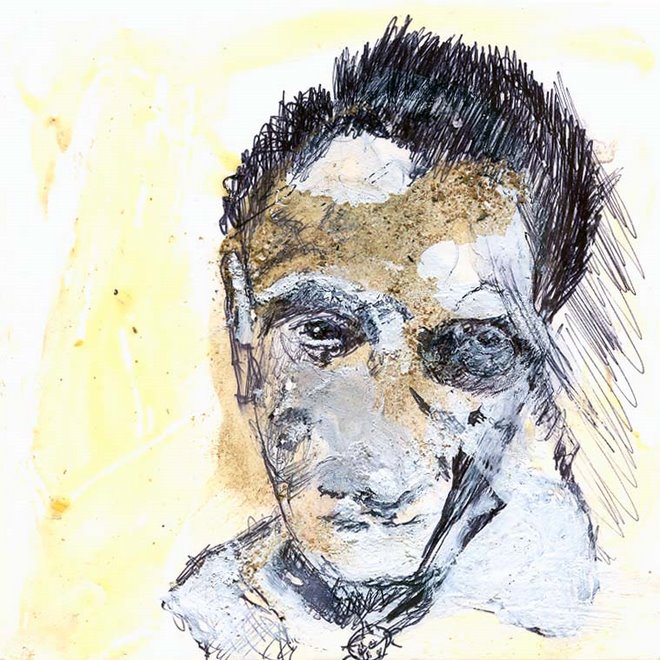
No comments:
Post a Comment